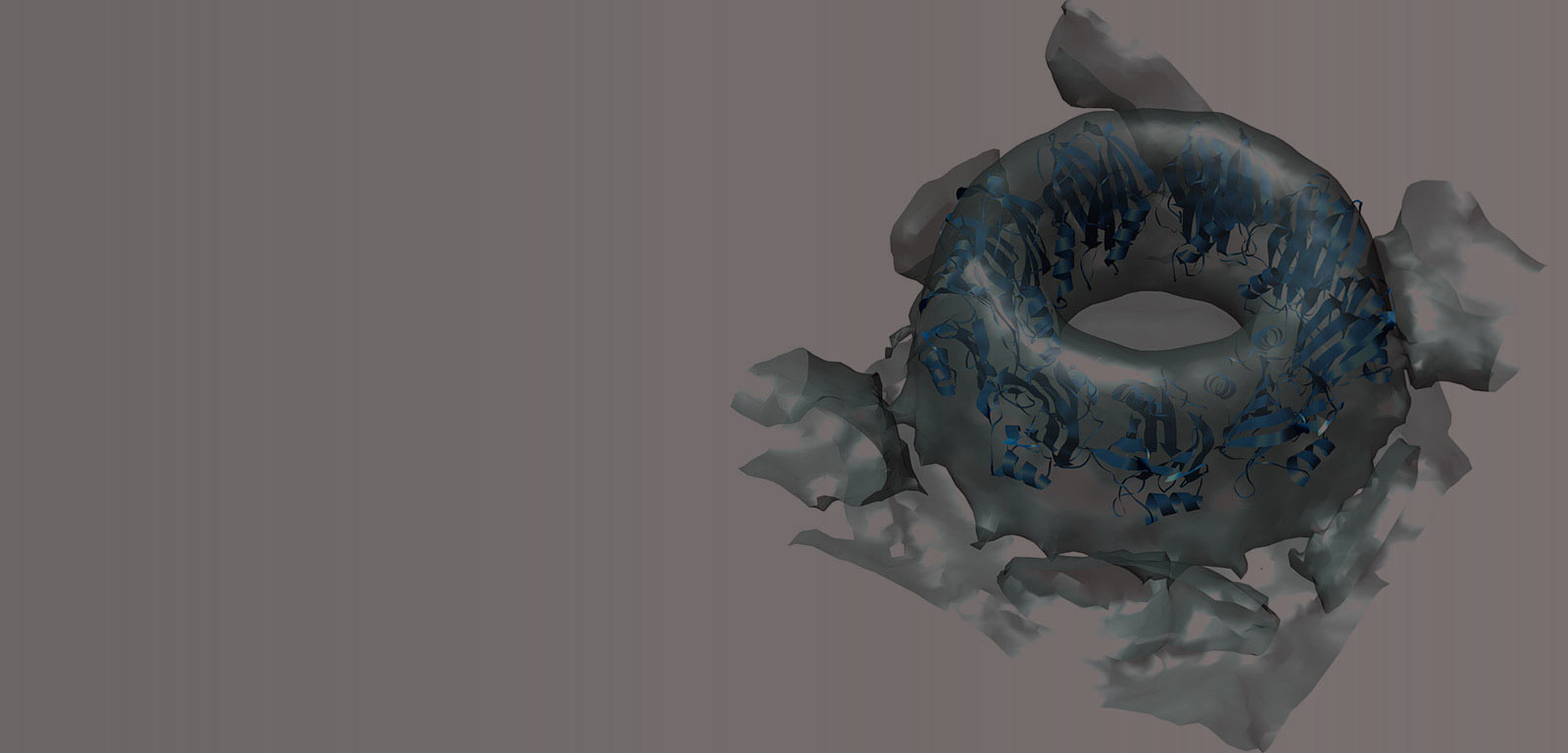Subject
Scientific writing and communication skilss for scientist
General details of the subject
- Mode
- Mixta
- Language
- English
Description and contextualization of the subject
Efficient communication has become an essential soft skill for a successful scientific career. This course aims at providing the necessary techniques and concepts for efficient oral and written communication at different stages of scientific career development.The lessons will cover such important concepts as storytelling, presentation soft and hard skills, effective scientific writing and preparation for interviews or grant/fellowship applications, among others.
The course addresses the knowledge of rhetorical structure and linguistic features at the syntactic, morphological and lexical level that characterize the genres most used in academic communication in the scientific field: abstracts and scientific articles. It is about facilitating the reading and understanding of this type of texts and providing the skills that enable the student to write abstracts and articles on topics related to their area of scientific interest.
The course is organized into a set of theoretical lectures combined with practical lessons to consolidate and practice the learned concepts. By the end of the course, each student should become a better presenter, capable of identifying the communication tools needed to communicate effectively in different situations, either ata conference, at a group meeting, at a job interview, or writing scientific documents.
Teaching staff
| Name | Institution | Category | Doctor | Teaching profile | Area | |
|---|---|---|---|---|---|---|
| CARRIL GARCIA, MONICA | University of the Basque Country | Visitante Ikerbaske | Doctor | Not bilingual | Biochemistry and Molecular Biology | monica.carrilg@ehu.eus |
| RODRIGUEZ LARREA, DAVID | University of the Basque Country | Personal Doctor Investigador | Doctor | Not bilingual | Biochemistry and Molecular Biology | david.rodriguezl@ehu.eus |
| SHNYROVA ZHADAN, ANNA | University of the Basque Country | Personal Doctor Investigador | Doctor | Not bilingual | Biochemistry and Molecular Biology | anna.shnyrova@ehu.eus |
Competencies
| Name | Weight |
|---|---|
| Ability to understand and critically evaluate a research article in the areas of work subject to the master. | 20.0 % |
| Ability to understand, interpret, analyze and evaluate scientific texts of their specialty belonging to the abstract and research article genres, and know how to locate specific information within the text as a result of their knowledge of its rhetorical structure. | 20.0 % |
| Ability to communicate in writing the results of their research work using an appropriate linguistic and discursive approach and knowing how to organize the information in accordance with conventions used internationally for scientific communication in the academic field. | 20.0 % |
| Ability to use different data presenting and bibliography software programs. | 20.0 % |
| Ability to present orally scientific results. | 20.0 % |
Study types
| Type | Face-to-face hours | Non face-to-face hours | Total hours |
|---|---|---|---|
| Lecture-based | 25 | 35 | 60 |
| Seminar | 25 | 40 | 65 |
Training activities
| Name | Hours | Percentage of classroom teaching |
|---|---|---|
| Drawing up reports and presentations | 75.0 | 20 % |
| Expositive classes | 50.0 | 75 % |
Assessment systems
| Name | Minimum weighting | Maximum weighting |
|---|---|---|
| Attendance and participation | 10.0 % | 30.0 % |
| Validation of written and oral labour | 10.0 % | 70.0 % |
Learning outcomes of the subject
Being the English language the vehicle of scientific communication worldwide in the academic field, this subject contributes transversally to support all the subjects that make up the master's degree, having as its final objective not only the training to the student to be able to integrate as an active participant in the field of scientific communication, but to facilitate the consultation, reading, analysis and evaluation of articles and abstracts related to the subjects of their specialty, since the student is allowed to select the texts of those topics that may be more interesting for their research training.This course aims at providing the necessary techniques and concepts for efficient oral and written communication at different stages of scientific career development.
By the end of the course, each student should become a better presenter, capable of identifying the communication tools needed to communicate effectively in different situations, either at a conference, at a group meeting, at a job interview, or writing scientific documents.
Temary
BLOQUE I. ORAL PRESENTATIONS1.1. SCENIC FEAR
1.2. VOICE CONTROL AND BODY LANGUAGE
1.3. THEATER-BASED TECHNIQUES FOR EFFECTIVE ORAL PRESENTATIONS
1.4. STORYTELLING IN SCIENTIFIC COMMUNICATION
1.5. PPT AND OTHER FORMATS FOR ORAL PRESENTATION
1.6. POSTER PRESENTATIONS
BLOQUE II. WRITING (AND READING) SKILLS
2.1. WRITING IS STORY-TELLING.
2.2. STRUCTURE OF A STORY. THE LORD OF THE RINGS, JAMES BOND AND MEMENTO.
2.3. THE STRUCTURE OF SCIENTIFIC ARTICLES (I)
2.4. THE STRUCTURE OF SCIENTIFIC ARTICLES (II)
2.5. INTERNAL STRUCTURE AND PARAGRAPHS
2.6. SENTENCES AND WORDS¿ AND GOOGLE TRANSLATE!
2.7. FIGURES
2.8. STRUCTURE OF A MASTER THESIS
BLOQUE III. PRESENTATION SKILLS FOR SCIENTIFIC CAREER DEVELOPMENT
3.1. CURRICULUM VITAE
3.4. PREPARING GRANTS AND FELLOWSHIP PROPOSALS
BLOQUE IV. USE OF BIBLIOGRAPHIC REFERENCE MANAGER PROGRAMS
3.1. REFERENCE MANAGER PROGRAMS
Bibliography
Basic bibliography
Cargill, M and O¿Connor, P., 2013. Writing scientific research articles: strategy and steps. John Wiley&Sons.Greene, A. E., 2013. Writing science in plain English. University of Chicago Press
Hofmann, A.H., 2014. Scientific writing and communication : paprs, proposals, and presentations. Oxford University Press.
Swales, J.M. and Feak, C.B., 2004. Academic writing for graduate students: Essential tasks and skills (Vol. 1) University of Michigan Press.
Day, Robert A.. How to write and publish a scientific paper / by Robert A. Day and Barbara Gastel. - 7th ed. Santa Barbara, California [etc.] :Greenwood, cop. 2011


